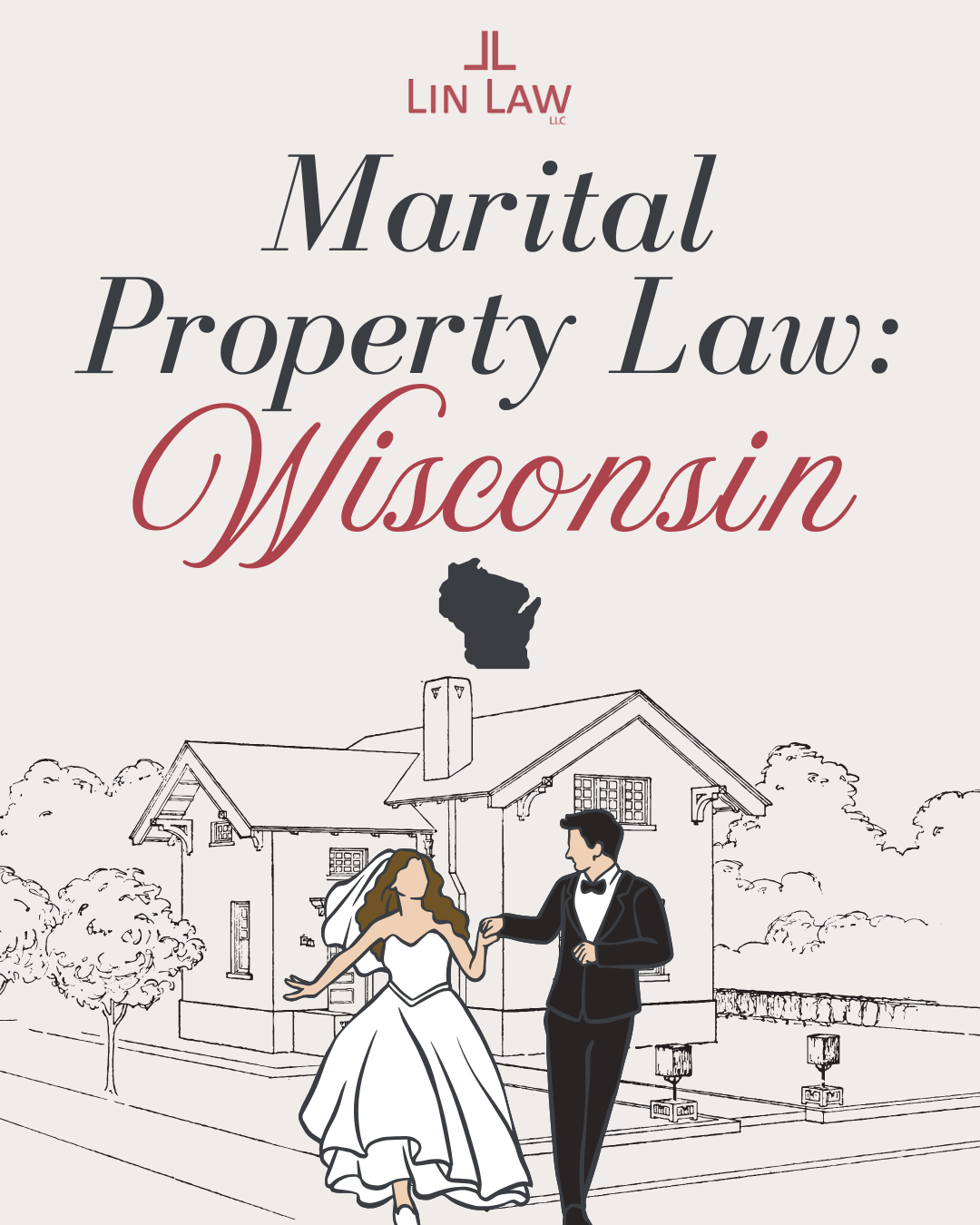 Did you know that Wisconsin is one of just nine states with marital (community) property laws? Wisconsin joined the small number of states with this treatment of marital property by enacting the Wisconsin Marital Property Act in 1986. Under Wisconsin’s marital property law, nearly all assets and debts acquired during a marriage are considered to be owned equally by both spouses, regardless of whose name is on the paycheck or whose name is on the title. The law is based on the principle that “a sound marriage is a partnership of equals,” recognizing the value of both financial and non-financial contributions to the relationship.
Did you know that Wisconsin is one of just nine states with marital (community) property laws? Wisconsin joined the small number of states with this treatment of marital property by enacting the Wisconsin Marital Property Act in 1986. Under Wisconsin’s marital property law, nearly all assets and debts acquired during a marriage are considered to be owned equally by both spouses, regardless of whose name is on the paycheck or whose name is on the title. The law is based on the principle that “a sound marriage is a partnership of equals,” recognizing the value of both financial and non-financial contributions to the relationship.Under Wisconsin’s marital property laws, property’s classification as marital property or individual property depends primarily on whether it was acquired before or after the date of marriage. All income and assets acquired before marriage is individual property, and all income and assets (subject to a few exceptions) acquired after the date of marriage is marital property. The sole exceptions to this classification is property acquired by gift or inheritance, which is always individual property. However, Wisconsin law also provides a presumption that all property is marital property unless it’s ownership can be clearly traced back to before the marriage, or its acquisition by gift or inheritance.
The law also impacts how debt is handled. Debts taken on during the marriage are usually treated as shared, and creditors can pursue both marital and individual property. On the upside, this system can make it easier for a non-earning spouse to qualify for credit.
From an estate planning perspective, the classification of marital property can have tremendous benefits. Spouses receive what’s known as the “double step-up” in basis for income tax purposes on marital property. The “step-up” in basis refers to the increase in a deceased individual’s “basis” for tax purposes that occurs at the time of one’s death, permitting heirs or beneficiaries to sell the property for no or minimal tax liability. In individual property states, property only receives a “step-up” in basis as of the date of its titled owner’s death. And for property owned jointly by spouses, the property receives a “step-up” in basis only to the extent of the deceased spouse’s one-half interest (not the full amount). In marital property states, however, the property receives a full “step-up” in basis at each spouse’s death for all marital property, regardless of whether the asset was titled in one or both spouses’ names.
Couples may also enter into a marital property agreement to opt out of default rules, keep assets separate, or convert individual property into marital property. These agreements must be in writing, signed by both spouses, and based on full financial disclosure.
Understanding how Wisconsin’s marital property laws affect your finances, debt exposure, and estate plan is essential. Whether you’re newly married, planning for the future, or reviewing an existing plan, it’s important to make sure your estate strategy reflects your goals and complies with state law.
